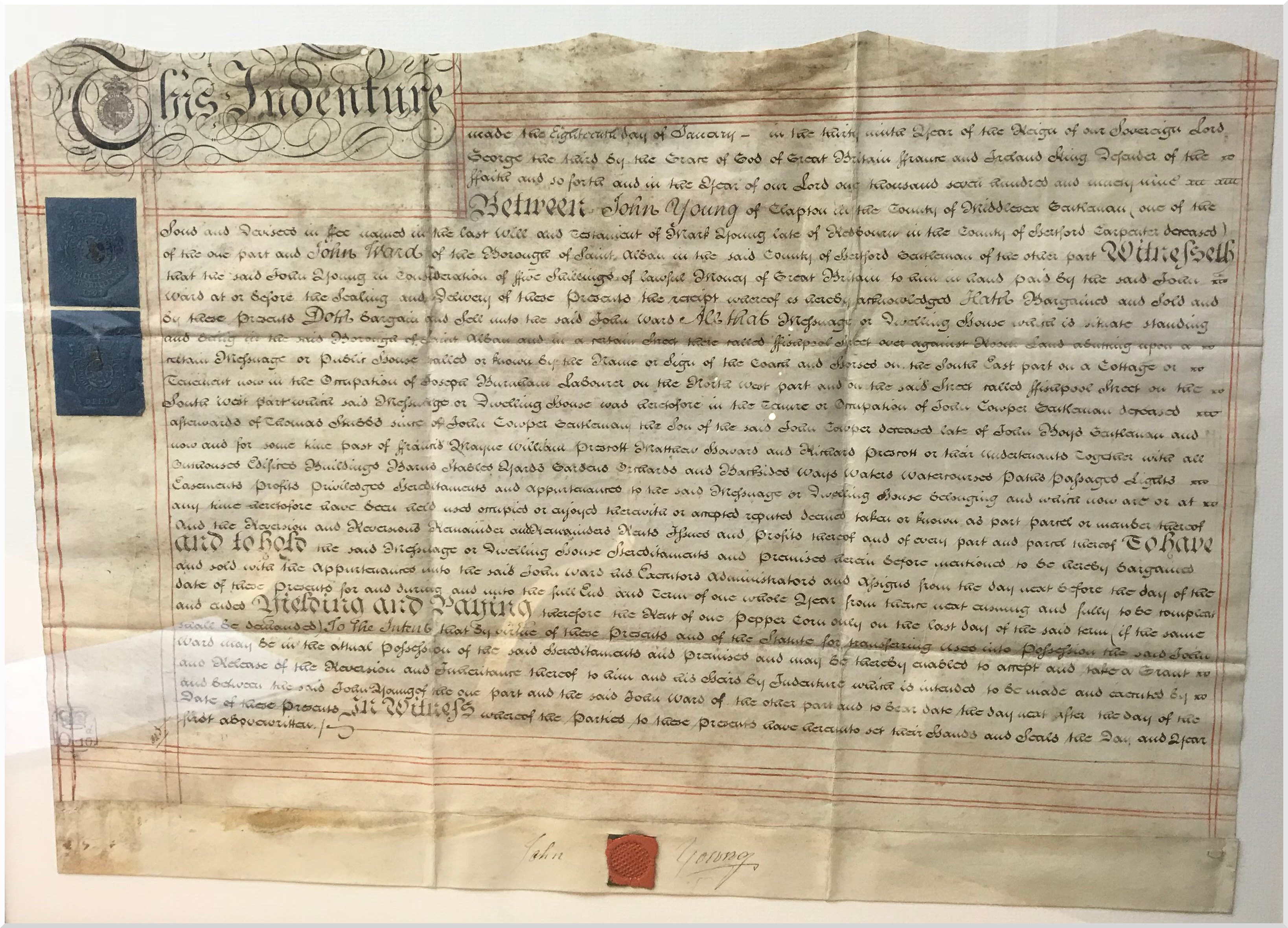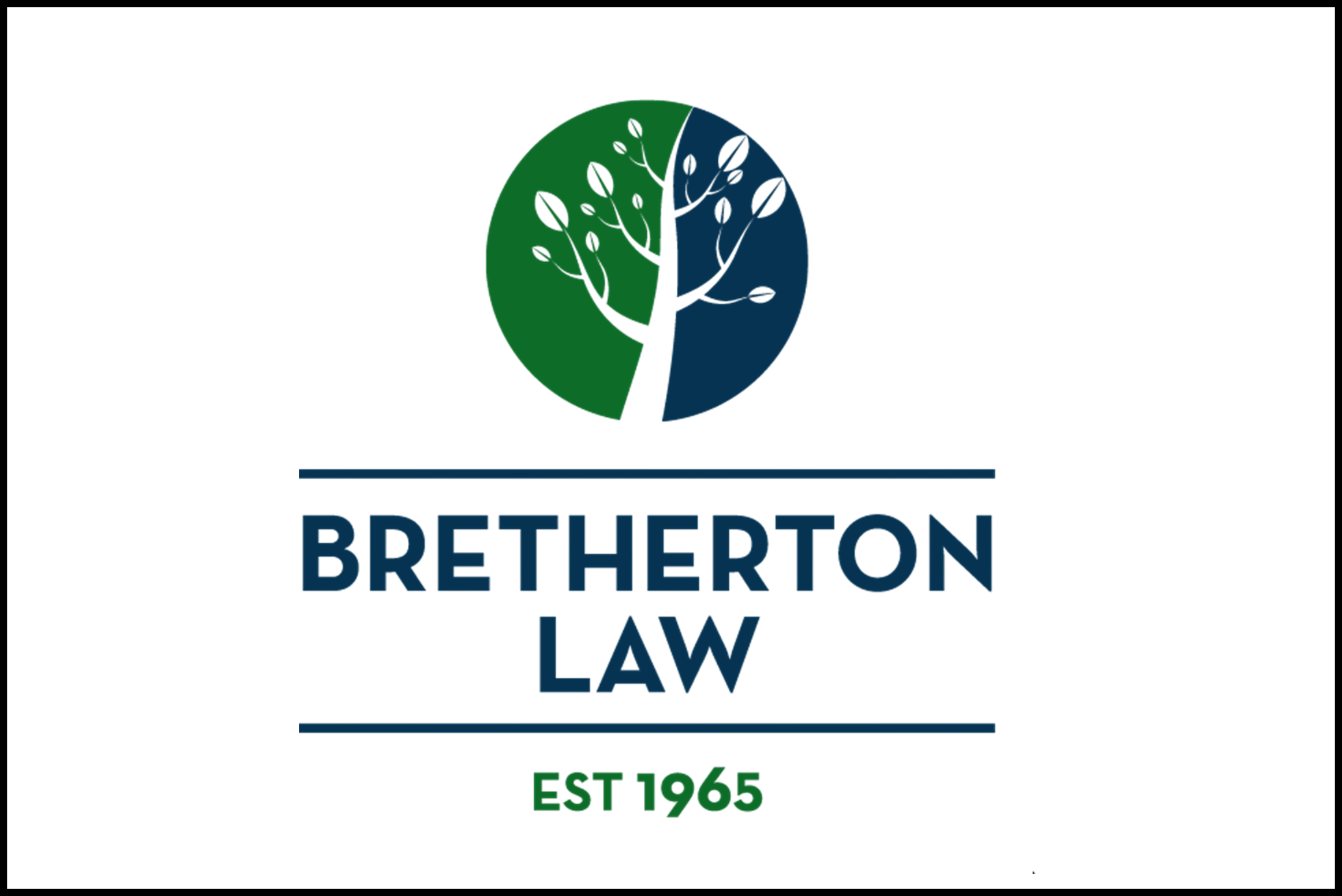With Brexit still unresolved travel writers are predicting that many more of us this year will be taking our main holiday and weekend breaks in the UK. To meet this demand there has been a huge increase in the number of people offering rooms or entire homes for rent on listings websites such as Airbnb. These websites enable people to rent out their property on short-term lets, usually to holidaymakers and visitors, and such is the demand that Airbnb currently lists over 13,000 properties in London alone.
Renting out your property on short-term lets may be a useful source of extra income, but there can be major downsides if things go wrong. Press reports tell of weekend-long parties, anti-social behaviour and criminal damage, particularly in larger properties in popular locations such as central London. So what are the legal rights and wrongs of letting out your property?
Most home and contents insurance policies are unlikely to provide cover to include paying guests, such as anyone renting your property via Airbnb. And whilst Airbnb offers a “host guarantee” which promises to reimburse damages up to £600,000, the company also stresses that this should not be viewed as a replacement for the host’s home insurance. In these circumstances it may be advisable to take out specific landlord insurance to ensure that as the host you have adequate protection.
A report by The Guardian claims that many properties are being offered for holiday rents by tenants without the knowledge of their landlord. It is therefore likely that a large number of Airbnb hosts will have unwittingly breached the terms of their lease, since the majority of tenancy and leasehold agreements will state that the property may only be used as a private residence. This would prohibit tenants from renting out all or part of their property, and potentially leave them open to legal action from their landlord or the loss of their tenancy. Anyone letting out their property via Airbnb should check their tenancy or leasehold agreement first.
Homeowners with an outstanding mortgage should also think twice about renting out their property. Mortgage companies may not approve of this type of short-term or holiday let, and so owners should contact their mortgage provider before advertising their property for rent. Even those with buy-to-let mortgages should be wary, since the assured short-term tenancies these mortgages permit are normally defined as lasting for six months or more.
There is currently no legal requirement for Airbnb hosts to take out public liability insurance. However, should a guest be injured at a host’s property they may seek to pursue a personal injury claim if it is thought that the host has failed in their duty of care to the renter. In this instance, having public liability insurance would be beneficial.
Anyone renting out their property may also want to seek extra assurances from their guests in case of damage or theft. Bookings such as these will be arranged over the internet, very often to foreign guests, and the likelihood of using the courts to recover losses is remote.
We are all aware of the term “caveat emptor” – let the buyer beware. When letting out your home for short-term holiday rentals we should also offer the caution “caveat venditor” – let the seller beware. No matter how enticing the opportunities may seem, landlords and hosts should be equally aware of the pitfalls.
Are you looking to buy or sell a property locally? Bretherton Law have been helping property owners in Hertfordshire for over 50 years. Our team of experienced and professional Property Lawyers will ensure that whether you are buying or selling, the conveyancing process will run as smoothly as possible. Contact Lucy Madley on 01727 869293 or use the contact form below.






